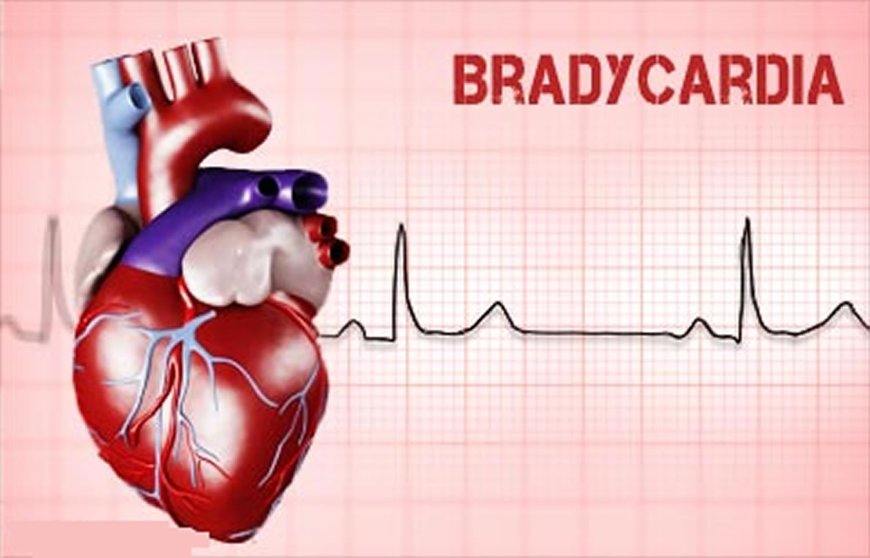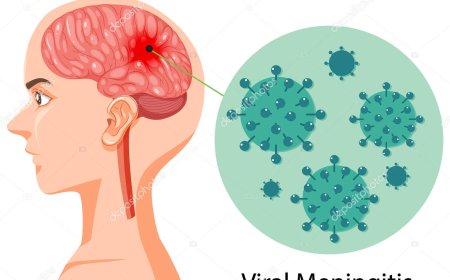Bradycardia

Introduction:
Hey there, young friends! Today, we'll be talking about a fascinating topic called "Bradycardia." It's a condition where your heart beats slower than usual. We'll learn about its signs and symptoms, how it's classified, what causes it, the types of Bradycardia, and how doctors diagnose and treat it. So, let's dive in and explore this intriguing heart condition!
Signs and Symptoms:
Imagine your heart is like a pump that moves blood around your body. When you have Bradycardia, this pump slows down. Some signs of Bradycardia include feeling tired or dizzy, fainting, feeling weak, and having trouble breathing during physical activities. Sometimes, your heart might even skip a beat or flutter.
What Is Bradycardia?
Bradycardia is a medical term used to describe a heart rate that's slower than it should be. In India, where we live, this condition can affect people of all ages, from kids like you to grown-ups. Normally, our hearts beat about 70 to 100 times per minute, but in Bradycardia, the heart rate drops below 60 beats per minute.
How Is Bradycardia Classified?
Doctors classify Bradycardia into three categories based on how severe it is:
- Mild Bradycardia: Heart rate between 50-59 beats per minute.
- Moderate Bradycardia: Heart rate between 40-49 beats per minute.
- Severe Bradycardia: Heart rate below 40 beats per minute.
Causes and Triggers:
There are many reasons why someone might have Bradycardia. Sometimes, it's just a natural variation in some people, but other times it can be due to an underlying health problem. For example, older people might develop Bradycardia because their hearts are getting older too. Other causes include:
- Certain medications: Some medicines can slow down the heart rate.
- Heart problems: If there's an issue with the heart's electrical system, it can lead to Bradycardia.
- Hypothyroidism: When the thyroid gland doesn't produce enough hormones, it can affect the heart rate.
- Infections: Severe infections can cause the heart to beat slower.
Risk Factors with Examples:
Certain factors can increase the chances of having Bradycardia. For instance:
- Age: As we grow older, the risk of Bradycardia increases.
- Heart conditions: People with heart diseases, like heart attacks or heart defects, are more likely to experience Bradycardia.
- Family history: If someone in your family has had Bradycardia, you might have a higher risk too.
Types of Bradycardia:
There are different types of Bradycardia, and each has its own unique characteristics. Some common types include:
- Sinus Bradycardia: The heart's natural pacemaker slows down, causing a slow heart rate.
- Sick Sinus Syndrome: The heart's natural pacemaker doesn't work properly, leading to irregular heart rhythms.
- Heart Block: The electrical signals in the heart are blocked, making it beat very slowly or irregularly.
Diagnostic Tests and Treatments:
When you visit the doctor with Bradycardia symptoms, they might perform some tests to figure out what's going on. Here are a few common ones:
- Electrocardiogram (ECG/EKG): This test records the heart's electrical signals to check for any irregularities.
- Holter Monitor: It's like an ECG, but you wear it for a longer time to monitor your heart's activity.
- Stress Test: The doctor will check how your heart behaves during physical activity.
- Echocardiogram: This uses sound waves to create pictures of your heart's structure and function.
Treatment for Bradycardia depends on its severity and the underlying cause:
- Mild cases might not need any treatment at all.
- For severe cases, doctors might recommend a pacemaker. A pacemaker is a tiny device that helps regulate the heart's rhythm.
Complications of Bradycardia and Prevention Techniques:
Bradycardia can cause problems if not treated, like fainting or difficulty breathing. To prevent Bradycardia, you can:
- Stay active and exercise regularly to keep your heart healthy.
- Eat a balanced diet with lots of fruits and veggies.
- If you have any health conditions, take your medicines as prescribed by the doctor.
Now, you know about Bradycardia and how it affects the heart's rhythm. Remember, if you ever feel tired, dizzy, or notice any unusual changes in your heart, talk to a grown-up and visit the doctor. Taking care of our hearts is essential, so let's stay healthy and happy together!
What's Your Reaction?
 Like
0
Like
0
 Dislike
0
Dislike
0
 Love
0
Love
0
 Funny
0
Funny
0
 Angry
0
Angry
0
 Sad
0
Sad
0
 Wow
0
Wow
0







































































